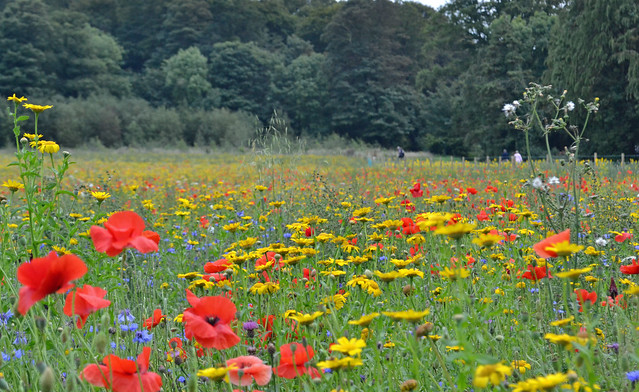Words for foundation and related words in Celtic languages.
| Proto-Celtic | *bonus = foundation, base, butt |
|---|---|
| Gaulish | *bona = foundation, base |
| Old Irish (Goídelc) | bun [bun] = base, bottom, butt, end |
| Irish (Gaeilge) | bun [bˠʊnˠ/bˠʌnˠ] = base, bottom; stock, stump; lower end; extremity; basis origin; basic provision; settled state; source, direction; trace bunábhar = raw material; substance, main outlines bunachar = base, foundation bunadh = origin; stock, kind; native inhabitants; fundamental, basic bunaigh = to found, establish bunoscionn = upside down bunú = foundation, establishment bunús = origin, basis, foundation, settlement, substance, essence |
| Scottish Gaelic (Gàidhlig) | bun [bun] = base, basis, bottom, foot; derivation, origin, source; butt, stub, stump; mouth (of a river) bunach = squat/sturdy person, stumps, stubble bunachar = base, foundation, root bunasach = original, basic, fundamental bunachas = base, foundation, root buntach = stocky, stout, truncated, broken off |
| Manx (Gaelg) | bun = author, basis, details, origin, original, prime, principle, raw material, stem, stool bunneydagh = authoritative, basic, elemental, firsthand, fundamental, fundamentalist, original, primitive bunneydys = basis, foundation, groundwork, origin, root |
| Middle Welsh (Kymraec) | bon = bottom, base |
| Welsh (Cymraeg) | bôn [boːn] = base, bottom, tree trunk, stump, stem, root bondew = thick-based, fat-bottomed, broad-hipped, short and fat, fat-legged |
| Middle Cornish (Cernewec) | ben = stem, base, trunk, butt, end |
| Cornish (Kernewek) | ben = trunk, base, foot |
| Breton (Brezhoneg) | ben = mouth of a river |
Etymology: from the Proto-Indo-European **bʰuH- (to be, become) [source]. English words from the same PIE root include to be, moribund and possibly bunny [source].
Words marked with a * are reconstructions.
Sources: Wiktionary, Am Faclair Beag, Online Manx Dictionary, Teanglann.ie, eDIL – Electronic Dictionary of the Irish Language, In Dúil Bélrai English – Old Irish glossary, Geiriadur Prifysgol Cymru, Gerlyver Kernewek, Gerlyvyr Cernewec, Dictionaire Favereau, TermOfis, Le dictionnaire diachronique du breton, Geriafurch, English – ProtoCeltic WordList (PDF), Etymological Dictionary Of Proto Celtic






